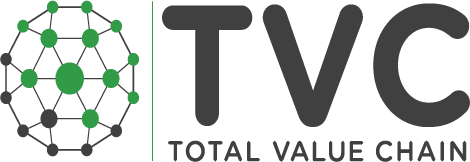Using blockchain technology, Total Value Chain collaborates with the world’s leading QSR companies
and its technology partners to create a “standards-based method” of collecting data about the origin,
safety and authenticity of food – and to provide real-time traceability throughout the supply chain.









